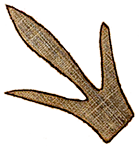 MENU
MENU
 MENU
MENU
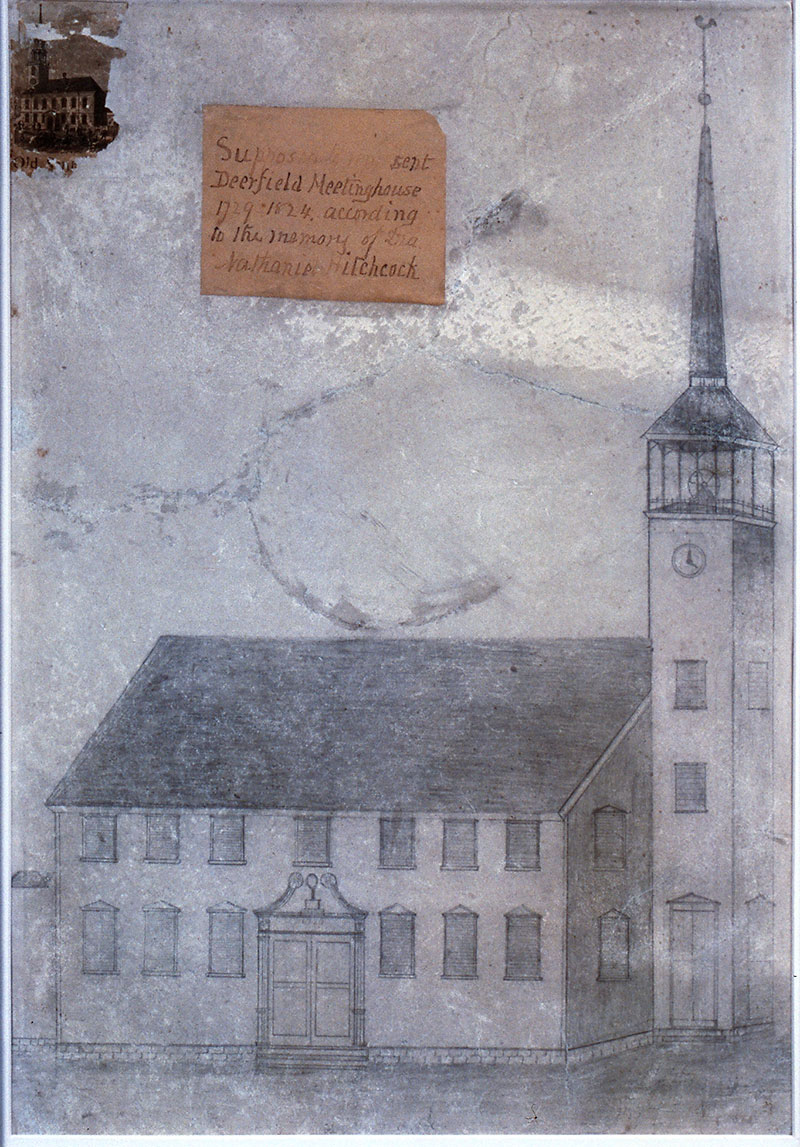
A drawing of Deerfield's 4th meetinghouse drawn from memory by Nathaniel Hitchcock in 1830. Image courtesy of Pocumtuck Valley Memorial Association/Memorial Hall Museum.
Edward's precocious intelligence had never gone unnoticed. His mother’s brother, the scientifically minded Epaphras Hoyt (“Uncle Ep”), took the budding scientist under his wing early on.
Before Orra White arrived in Deerfield, Edward had charted the path of the Comet of 1811 across the Massachusetts sky, a project that undermined his health and damaged his eyesight. In England, the famed brother and sister astronomers William and Caroline Herschel watched the same celestial object. In France, Napoleon Bonaparte took its brilliant appearance as an omen in his favor. The brightest comet known at the time, its streak was often visible to the naked eye. Reports in the popular press captured the imagination of a fascinated public and provided a subject for omens, artworks, and satirical cartoons.
Edward borrowed a telescope from the academy when he needed to, and in tracking the comet's trajectory developed calculation skills that were later invaluable to him. His and Uncle Ep's calculations (done mostly by Edward) were published in the Journal of the American Academy of Arts and Sciences. Only Uncle Ep’s name appeared with the article, but it was still quite a feather in the cap of this son of a hatter to have his work in such a prestigious journal.
Two years later, Orra's religious awakening deepened her feeling for nature as sacred, and in turn influenced Edward's return to the conservative Congregationalist views of his father. Edward had grown up attending a Unitarian church, but held back from committing to it as a full member out of respect for his father, although Uncle Ep, a Unitarian by conviction, exerted a strong pull in the more liberal direction. Orra's serene demeanor and persuasive words made Edward think again. What was his place in life? Why had he suffered a serious illness? What was God telling him? Perhaps Unitarianism was not for him, after all.
Aside from his preoccupation with religious questions was an important practical one: he had hoped to study astronomy at Harvard, which was now tending toward Unitarianism. If his eyesight was no longer sharp enough for him to be an astronomer and he had decided to reject Unitarianism in any case, what else could he do with his life? Botany was a useful science, but it seems not to have excited him enough to appeal as a profession. Astronomy and geology share a concern with the planet Earth and its place in the universe, making both sciences particularly susceptible to religious concerns. Edward stopped looking so much at the sky and began looking more into his soul and at the rocks beneath his feet.
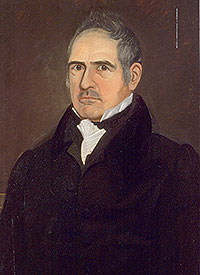 Epaphras Hoyt
Epaphras Hoyt
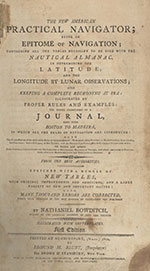 The New American Practical Navigator, Nathaniel Bowditch
The New American Practical Navigator, Nathaniel Bowditch
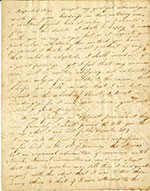 Edward Hitchcock's Letter Discussing His Conversion to Orthodoxy
Edward Hitchcock's Letter Discussing His Conversion to Orthodoxy
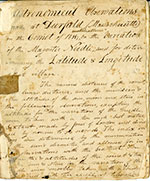 Astronomical Observations on the Comet of 1811, Epahras Hoyt
Astronomical Observations on the Comet of 1811, Epahras Hoyt
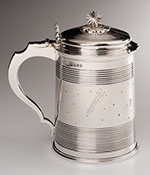 Silver Mug with the Comet of 1811
Silver Mug with the Comet of 1811
 Fourth Meeting House, Deerfield, Massachusetts
Fourth Meeting House, Deerfield, Massachusetts
 19th Century Religion in New England
19th Century Religion in New England